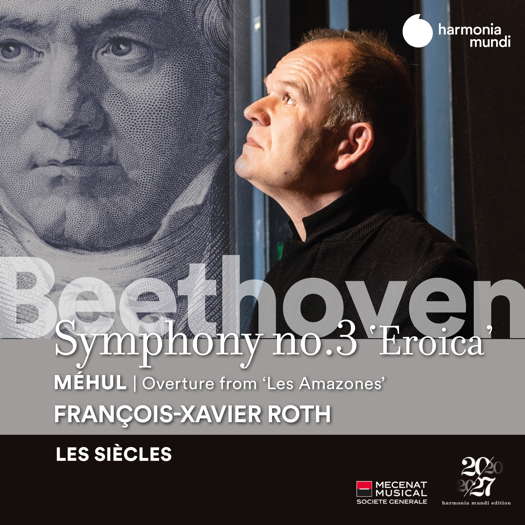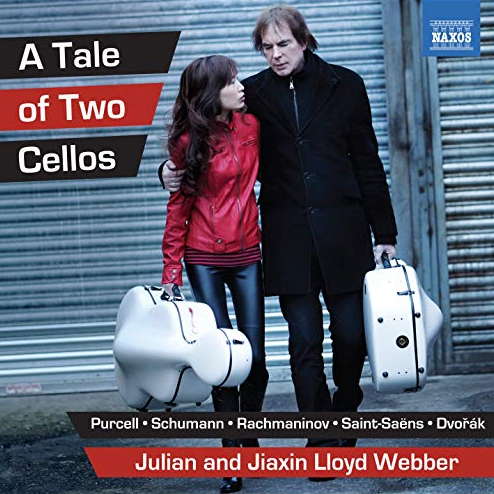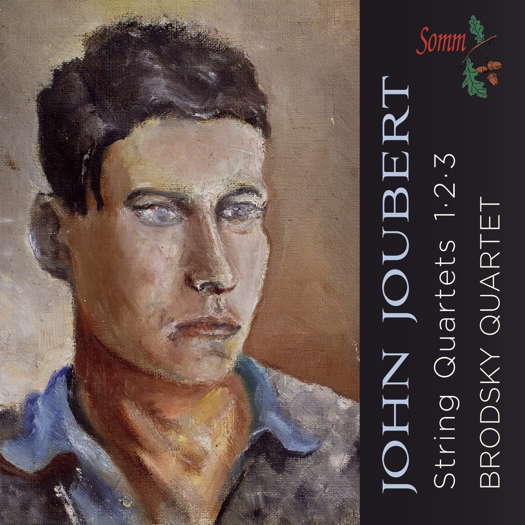- Siegfried Köhler
- Daniel Pelton
- Dante
- Ferenc Farkas
- Nikolai Tcherepnin
- Peter Pears
- Sir Arthur Bliss
- Oregon

Modernity and Sweeping Power
Beethoven's 'Eroica' Symphony on period instruments impresses GERALD FENECH
'... Beethoven's intended instrumental balances and effects are brought alive once more in revelatory fashion.'
It is always a welcome occasion when works by Étienne-Nicolas Méhul (1763-1817) and Ludwig van Beethoven (1770-1827) are presented side by side. The distance between their birth places, Givet on the Meuse and Bonn on the Rhine, is only about two hundred kilometres. One can also point out that both men started their careers as organists. Indeed, Méhul has more in common with Beethoven than is generally known. He was not only a great opera composer but also a master of orchestration, as is clear from his overtures and symphonies. His Symphony No 1 in G minor is based on an all-pervading four-note motif that is strikingly similar to the one in Beethoven's Fifth. As far back as 1838 Schumann had already written about those parallels after hearing Méhul's G minor Symphony in Leipzig. The urge to measure himself against the German school appears to have been a vital feature of Méhul's character. On the opposite side, Beethoven was anxious to learn from his French colleague and he even treasured a score of Méhul's opera Valentine de Milan. No wonder both composers crossed genre borders in their search for new means of expression.
Les amazones ou La fondation de Thèbes was premiered at the Paris Opera on 17 December 1811. It was a great occasion at which, among the audience, was none other than Emperor Napoleon and his second wife Marie-Louise of Austria. The plot, dealing with the reconciliation of hostile peoples, alludes to the peace agreement between France and Austria.
Listen — Méhul: Overture (Les amazones ou La fondation de Thèbes)
(track 5, 3:23-4:11) ℗ 2021 harmonia mundi musique sas:
Unfortunately, the first performance was a fiasco, partly caused by a breakdown in the stage machinery. Jupiter was supposed to float down in a chariot, but the chariot remained empty, and the god had to enter on foot, much to the amusement of the audience. However, other operas by Méhul found their way onto European stages and enjoyed great success.
Beethoven began sketching his mighty Eroica in the autumn of 1802, and he dedicated the work to Prince Lobkowitz, who paid for the commission. The first known performance, which was a private one in the Prince's palace, dates from the summer of 1804. The public premiere took place on the 7 April 1805 in Vienna, and the work took both critics and public by storm. Indeed, nothing had been heard like it up till then.
Listen — Beethoven: Allegro con brio (Eroica Symphony)
(track 1, 1:50-2:45) ℗ 2021 harmonia mundi musique sas:
The Eroica marked the beginning of the composer's innovative middle period, and broke the boundaries in symphonic form, length, harmony, emotional and cultural content. Reviews at the premiere were highly mixed, but not long afterwards, it started to make its mark, and was soon hailed as a masterpiece. Indeed, the Marcia funebre in the second movement became the benchmark for all composers thereafter who wanted to compose such a particular piece. Wagner's Siegfried's Funeral March is a classic example.
Listen — Beethoven: Marcia funebre (Eroica Symphony)
(track 2, 8:01-9:01) ℗ 2021 harmonia mundi musique sas:
Continuing their exploration of Beethoven's symphonies, François-Xavier Roth and his marvellous Les Siècles give us an opportunity to rediscover the Eroica in all its modernity and sweeping power. Thanks to the magic of period timbres, Beethoven's intended instrumental balances and effects are brought alive once more in revelatory fashion.
Listen — Beethoven: Finale (Eroica Symphony)
(track 4, 9:51-10:48) ℗ 2021 harmonia mundi musique sas:
The overture to Méhul's opera Les amazones ou La fondation de Thèbes, composed eight years later, is a stunning discovery which I am sure will surprise many listeners, but the Beethoven is undoubtedly the piece that will leave you astounded with its translucent yet groundbreaking orchestration and innovative structural aspects.
What about Roth and his band's interpretation? P P P – Persuasive – Pulsating – Phenomenal.
Copyright © 11 May 2021
Gerald Fenech,
Gzira, Malta

CD INFORMATION: BEETHOVEN AND MÉHUL




